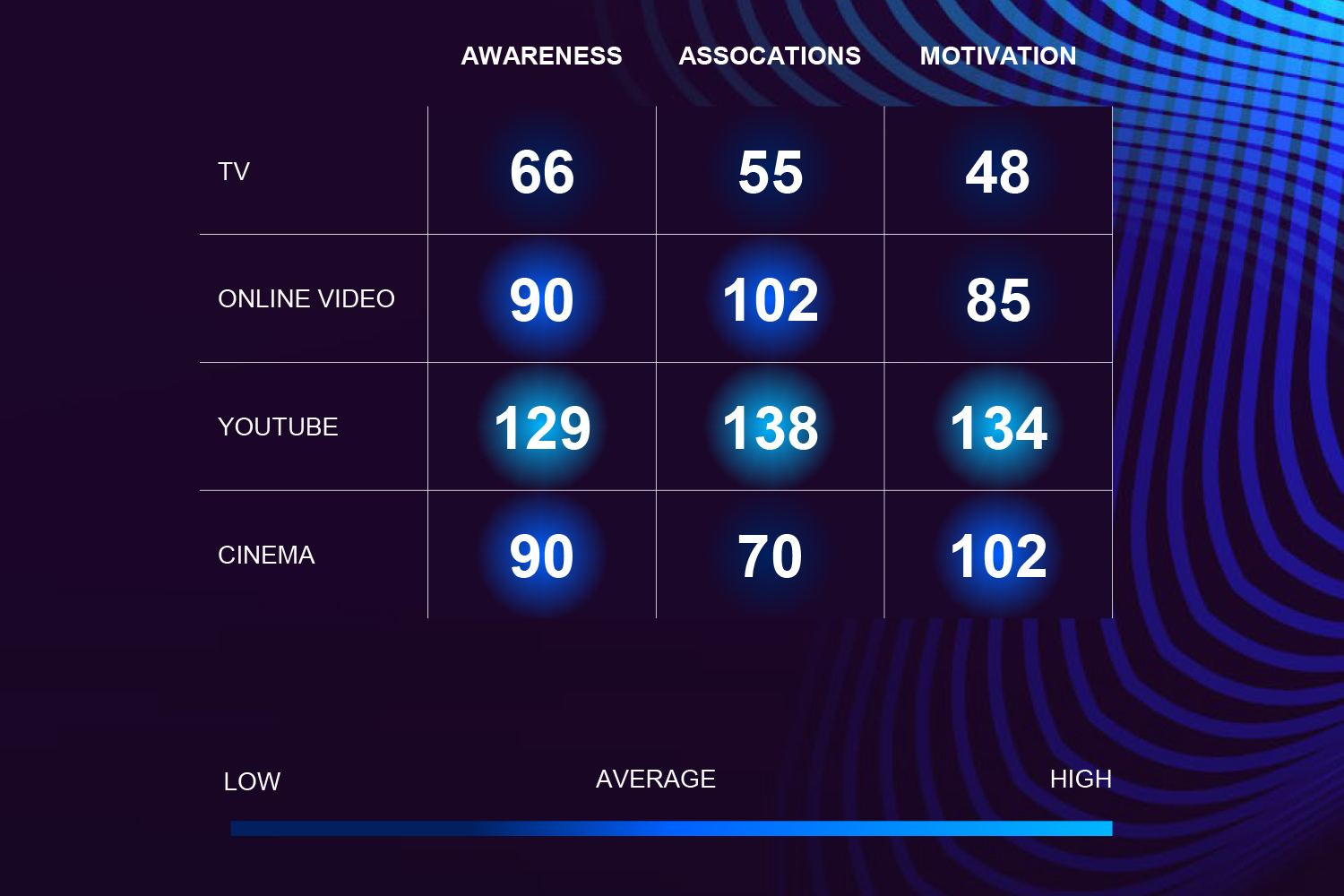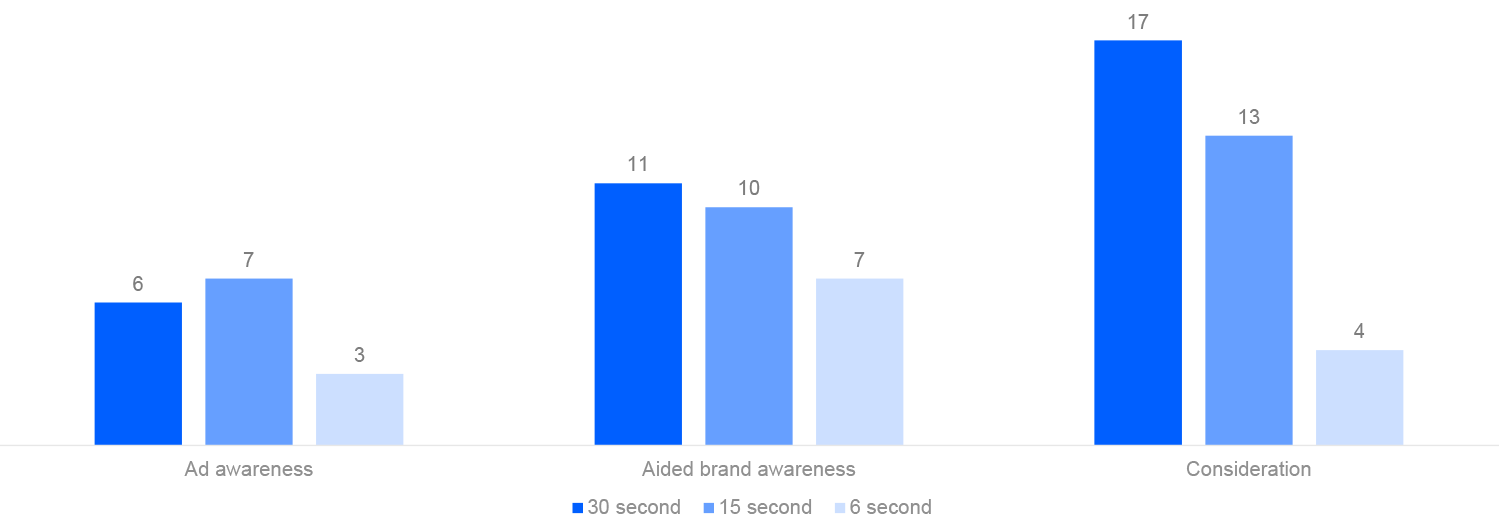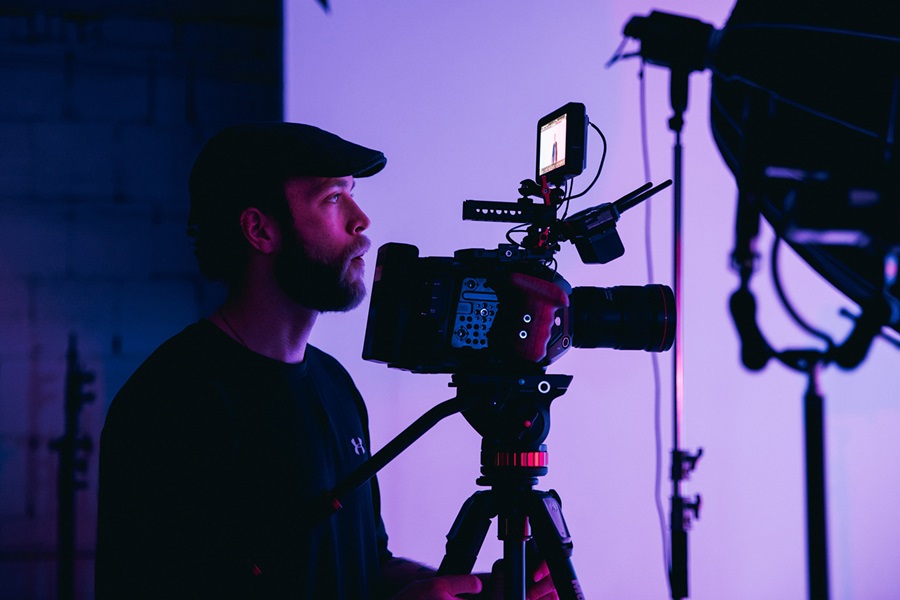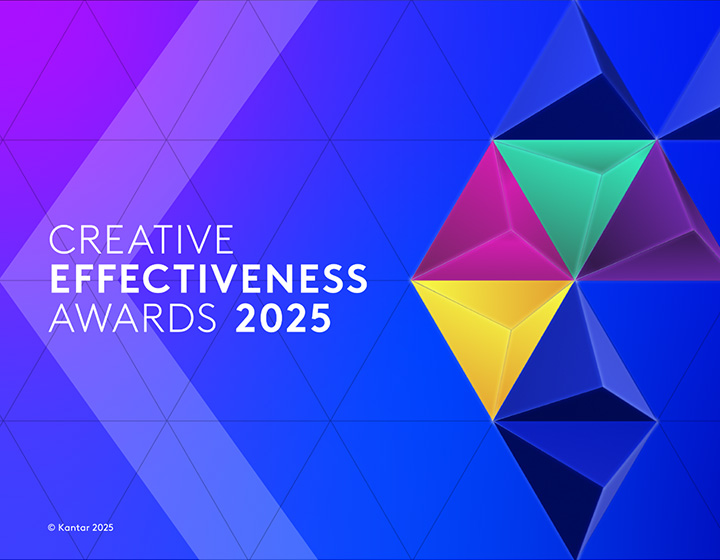TV advertising dates as far back as 1941 when reportedly the first TV commercial was aired on WBNT before a baseball game (no surprise). One could argue this was rather a static ad than a video.
The 1950s saw a rise in TV advertising, driven by its growing penetration and the popularity of TV. Since then, we have seen video advertising conquer websites, social platforms and non-linear TV channels. YouTube was established in 2005 marking another milestone in driving astonishing growth in the video experience online. With the online-offline divide increasingly becoming blurred, the time is ripe to really understand how video advertising works in different channels.
The money behind it
TV advertising spend stands at $161 billion globally (GroupM, This Year Next Year, December 2021). And digital advertising spend is estimated to be worth $491 bn with the majority of marketers increasing their spend on channels like online video and TV streaming according to Kantar’s Media Reactions 2021. With Video being the dominant format and more platforms emerging as options for ad placement, there is a greater demand for advertisers to be more discerning and to ensure online and offline channels work together well.
So, what is the key to a successful video campaign? This is what we’ve learned from this year’s Power of Connections analysis of our CrossMedia and Connect databases.
TV is still the king
The reports of TV’s death are greatly exaggerated. It is still second to none in delivering saliency and can be the main vehicle to drive the success of your campaign. Make sure you pre-test though, as creative strength is key. But don’t rest on TV’s laurels, as linear TV is not the only video format with a wide reach these days.
Use more media
We know from Kantar’s CrossMedia database that the more you spend on any one media, the less efficient you become. Therefore, consider bringing more media into the channel mix. Online video works well with TV driving incremental reach and building frequency among light TV viewers. YouTube specifically is more cost efficient in delivering brand impact than any other video format. TV is generally overspent, so relocating some of your TV investment to other video formats may help you achieve your objectives more cost-efficiently.
Cost-effectiveness indices

Source: Kantar’s Power of Connections 4.0 database analysis
YouTube can lead a campaign
On the other hand, YouTube can lead a campaign in the absence of TV, especially with its non-skippable format. It is worth imposing frequency caps to avoid overexposure. With the growing usage of YouTube across devices, the line between YouTube and other video formats, including linear and non-linear TV, will become more blurred, and frequency controls will be even more important. YouTube is currently the channel with the second highest reach globally according to Kantar’s CrossMedia database.
Tailor creative to context
While avoiding overexposure to the same ad is key, tailoring your creative to the context will also help ensure you get the most out of your investment on each platform. For example, in comparison to TV and non-skippable video ads, skippable ads need the brand to appear early, and the first few seconds are crucial to deliver a key message and capture the viewers’ attention in the cluttered digital environment. Using influencers and interactivity might help increase engagement. It is key to test your ads in each context while there is still time to make changes. Even within a specific platform, video length can make a difference in terms of impact as can be seen in this YouTube case study.
YouTube video performance

Testing no longer needs to take more than a few hours it is quick and easy to do so, and then adapt your content to work as effectively as possible in each channel.
Don’t disregard cinema
While the pandemic forced cinema out of media plans, with lockdowns over, audiences are ready for the experience once again. Cinema provides one of the best context-based targeting opportunities and viewers are the most receptive to advertising on this channel. So, don’t underestimate cinema. Make sure you maximize the creativity and emotional engagement of the ad to elevate the special characteristics of the cinema environment.
Keep up with trends
Another consequence of the online-offline divide disappearing among video formats is that ads need to keep up with trends in this everchanging advertising environment. Digitalization is the word. More and more non-digital video ads are starting to infuse references to digital formats and themes. TV and Digital winners of Kantar Creative Effectiveness Awards 2022 are a long way from 1941 video ads. These include TV ads with Animoji-type graphics, extreme close-ups, or visual humor. More innovative developments, including even greater interactivity and advertising in Metaverse environments, lie ahead.
Navigate the evolution of video
The good news is that we can help you steer through this ever-evolving and exciting video journey. Get in touch for this year’s free Power of Connections booklet, a helpful guide on how to optimize your video ads and campaigns. It includes the trends we’ve observed in video channels and more about the pros and cons of each channel and how they interact.


